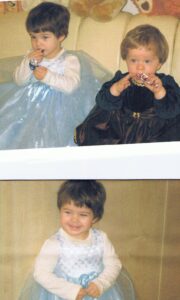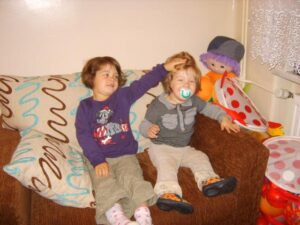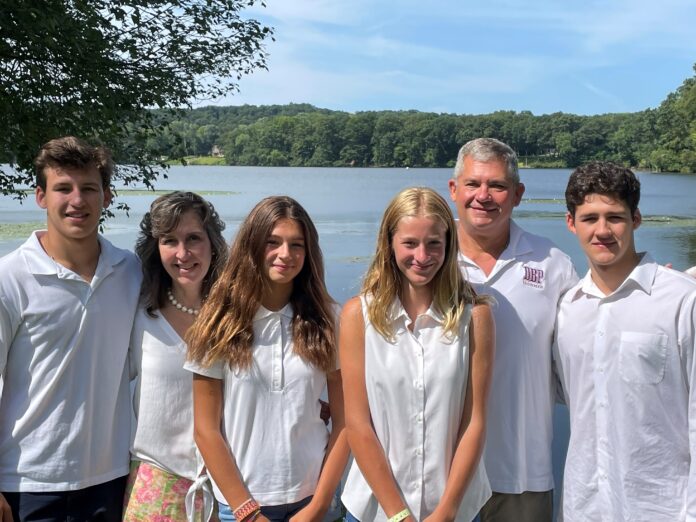The recruitment and retainment of women in neurosurgery is increasingly a focus and priority of our field.1 Since the seminal white paper published by the leadership of Women in Neurosurgery (WINS) in 2008,2 there has been a growth of efforts to characterize the obstacles women face when pursuing neurosurgery as well as initiatives to implement solutions.3,4 Family planning is one of the many contributing factors posing challenges to women and men in neurosurgery.5 Few female surgical residents have children during pregnancy, and one recent study found that failed birth rates were highest during residency compared to those before and after residency.5 This leads to its own challenges and stresses for women in the field. Moreover, a survey found that women often plan to have children during their senior years of neurosurgery residency or in their early years of practice.6 However, while family planning and barriers to childbearing are progressively entering national conversation and formal areas of research, the challenges and opportunities of child adoption are infrequently discussed.
The child adoption process is a personal and often long journey. For some, it is their first choice for creating a family and, for others, the decision is made after failed attempts at conceiving. For Dr. Mazzola, a pediatric neurosurgeon in New Jersey, the decision to adopt first came after two miscarriages suffered during her chief year of residency. Ultimately, she gave birth to two healthy boys after residency; however, adoption was pursued several years later when she and her husband wanted to continue expanding their family. After having only sons, Dr. Mazzola wanted to be a mother to girls. Over a year after beginning the process, they matched in 2009 with two sisters, Patricia and Rosemary.


While child adoption is less prevalent in neurosurgical programs, a formal “adoption leave” similar to maternity or paternity leave is essential. Workplace and colleague discrimination may prevent women from taking family leave even if a formal policy is present.5,6 The child-rearing demands and changes to family structure are significant in cases of adoption. Emotional stress, changes in family dynamics, structural adjustments, and financial preparation are all factors that need to be addressed ahead of time with a plan in place.
Obstacles surrounding child adoption and family leave remain significant for women and men in neurosurgery. Implementation of initiatives that address family leave polices, reduce gender discrimination, and promote flexibility for caregiving for both neurosurgery residents and attending neurosurgeons can improve work-life balance as well as contribute to the advancement of women in neurosurgery.
References
- Feng R, Hoffman SE, Wagner K, Ullman JS, Stippler M, Germano IM. Women neurosurgeons in academic and other leadership positions in the United States. World Neurosurg 147:80-88, 2021 PMID: 33358734
- Benzil D, Abosch A, Germano IM, Gilmer Holy, Maraire N, Muraszko K, Pannullo S, Rosseau G, Schwartz L, Todor, R, Ullman J, Zusman E. The future of neurosurgery: a white paper on the recruitment and retention of women in neurosurgery. J Neurosurgery 109: 367-375, 2008
- Renfrow JJ, Rodriguez A, Wilson TA, Germano IM, Abosch A, Wolfe SQ. Tracking Career Paths of Women in Neurosurgery. Neurosurgery 82(4):576-582, 2018 PMID: 28521026
- Renfrow JJ, Rodriguez A, Liu A, Pilitsis JG, Samadani U, Ganju A, Germano IM, Benzil DL, Wolfe SQ. Positive trends in neurosurgery enrollment and attrition: analysis of the 2000-2009 female neurosurgery resident cohort. J Neurosurg. 124:834-9, 2016. PMID: 26452119
- Thum JA, Chang D, Tata N, Linda LM. Neurosurgeons in 2020: the impact of gender on neurosurgical training, family planning, and workplace culture. Neurosurg Focus 50 (3):E11, 2021.
- Gupta et al. Pregnancy and parental leave among neurosurgeons and neurosurgical trainees. J Neurosurg 134:1325-1333. 2021.








